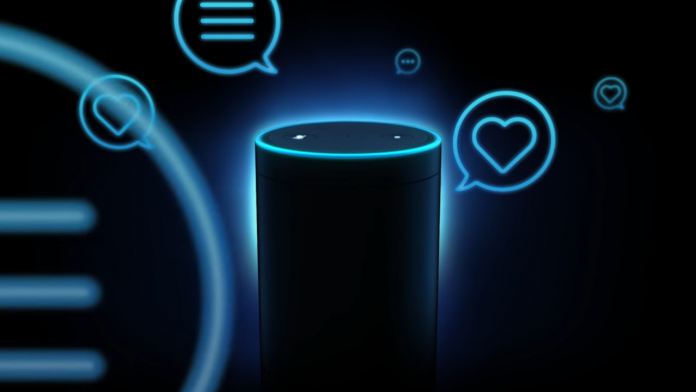Microsoft has mostly pulled out of the smart assistant market. The company's Cortana still exists, barely, but is now confined to a behind the scenes role powering productivity on Windows. If Windows users want the whole smart-assistant experience, they tap into Amazon's Alexa. Ironically, the company Microsoft has a deal with to provide virtual help on Windows is now challenging the very concept of the platform.
As reported by ZDNet, Amazon is repositioning Alexa as much more than a voice assistant and it is at odds with Microsoft's concept of computing and productivity. As a result, Microsoft's decision to essentially ditch Cortana could cause problems. Firstly, not having a proprietary smart assistant on the world's biggest computing platform is not a good look. Secondly, because smart assistant tech could be paving the way for a new computing experience.
At Alexa Live last week, Amazon showed the future of its voice assistant. Simply put, Alexa is the most complete virtual assistant tool available. There has always been a feeling Amazon wants the product to do more than play your music and tell you where the nearest Whole Foods is. In fact, it is now clear Amazon is charting Alexa's path towards a concept known as “ambient computing”.
No, I am not talking about smart lights (which Alexa does control) but an idea of computing through a layer of services all connected. In other words, an Alexa ecosystem where the assistant will basically handle all of your computing needs. In a demo, Amazon showed how Alexa can now not just tell you where the nearest Whole Foods is, but also tell the store when your vehicle is near. Moreover, the assistant will then tell the store which parking spot you are in.
Automation vs. Flow
It is all about automation, something that is at the heart of the voice assistant idea. Alexa is simply taking it to the next level where the assistant will work with AI solutions and robots. In the example, AI will take the notification and automate a robot to deploy your goods into your vehicle.
I started this article by suggesting Alexa is challenging Microsoft's concept of computing. For Microsoft, productivity is something that a user can become engaged in. The company focuses its products and services on immersing the user to allow them to be more productive. This is known as flow computing and interestingly the new Windows 11 theme is called “Flow”.
Amazon's approach is at odds with Microsoft's. Alexa is not about giving users a place they can get lost in the flow. It is about taking them out of the flow and doing everything for them.
Is there an end game here, is there a winner? At the moment at least, it seems Microsoft's Flow concept and Amazon's all-out automation can co-exist. Clearly, Amazon is not quite yet truly challenging productivity. Alexa remains a tool of convenience rather than one that helps you get your work done.
However, it is clear automation is going to play an increasing role in workplace productivity in the future. Microsoft is not ignoring it – the company is a leader in enterprise AI – but it seems at some point the company may have some unfinished business in the smart assistant realm.
Tip of the day: Did you know you can also use OneDrive to save folders and files in the cloud which are located outside the main OneDrive-folder. Check out our step-by-step tutorial to use this practical method also for your Windows 10-PC.






